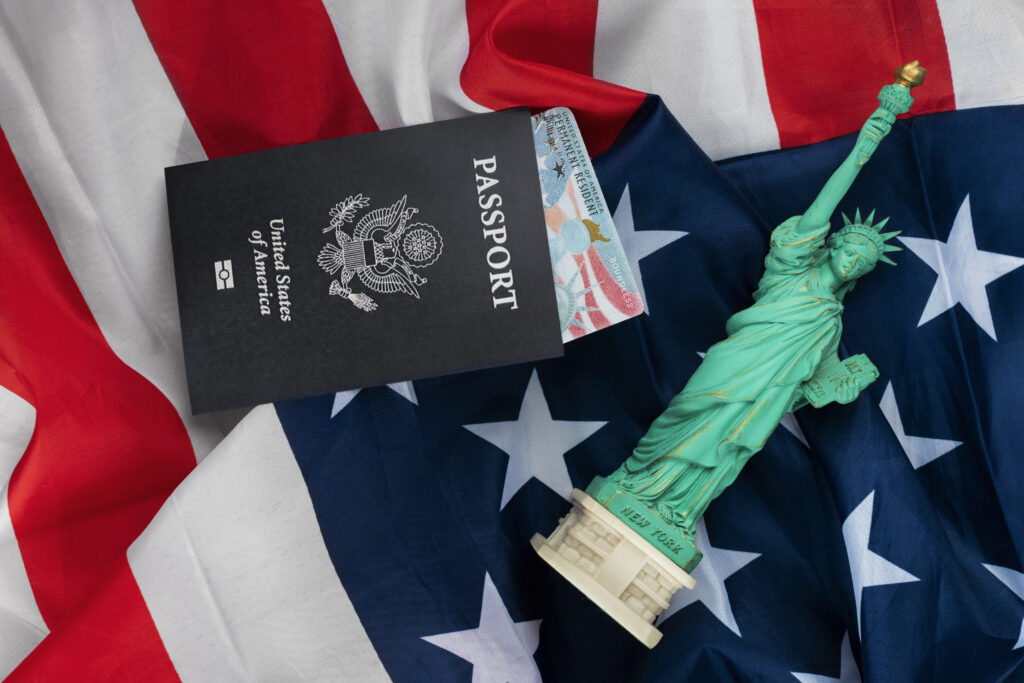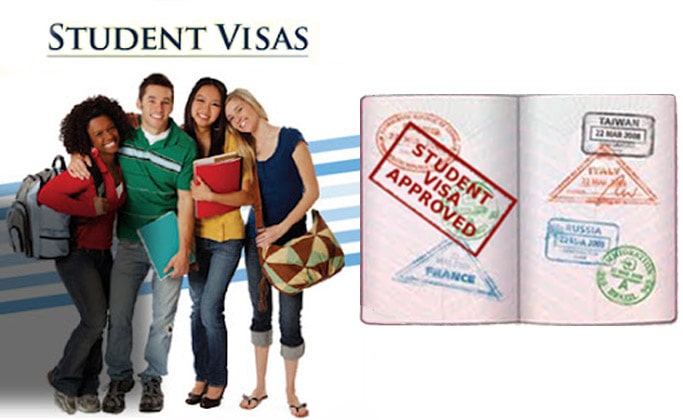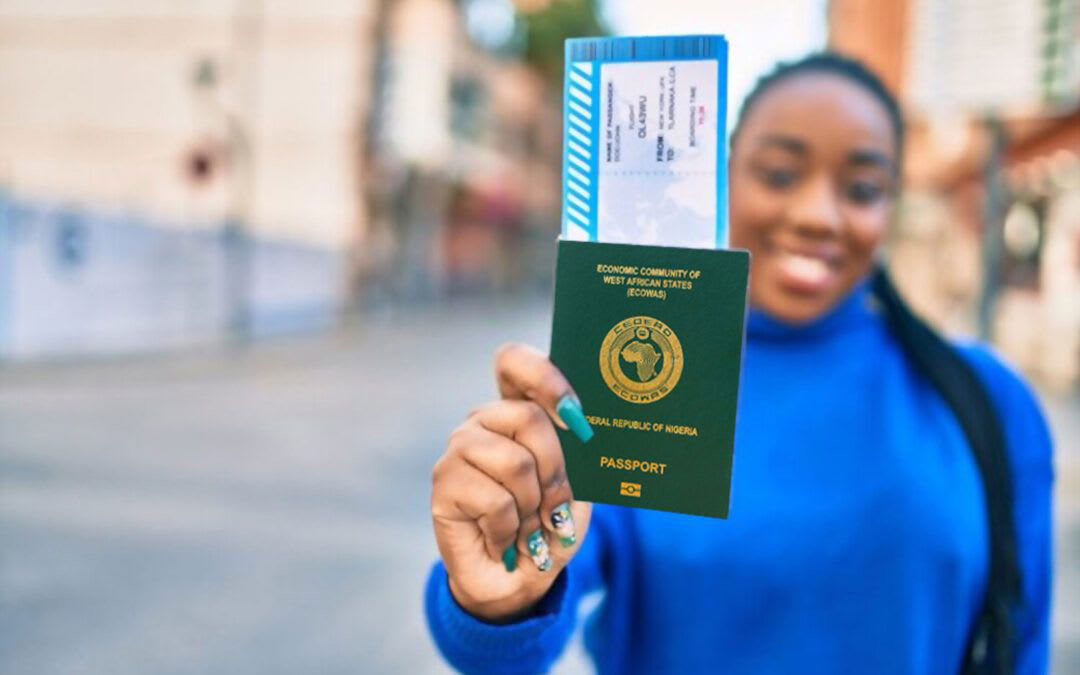
Table of Contents
- Introduction
- What Is an Immigration Visa?
- Types of Immigration Visas
- Difference Between Immigration and Non-Immigration Visas
- Who Needs an Immigration Visa?
- Benefits of Holding an Immigration Visa
- Common Immigration Visa Categories by Country
- General Immigration Visa Requirements
- Step-by-Step Immigration Visa Application Process
- How to Prepare for a Visa Interview
- Common Challenges in Immigration Visa Applications
- How to Avoid Immigration Scams
- Tips for a Successful Immigration Process
- Immigration Visa Costs and Processing Times
- Immigration Visa vs. Citizenship
- Top Countries for Immigration in 2025
- Conclusion
1. Introduction
Immigration visas have been a fundamental part of human development for centuries. In today’s globalized world, more people are looking for an immigration visa to settle abroad permanently, whether for better economic opportunities, family reunification, political safety, or career advancement. The key to such relocation is obtaining an immigration visa.
In this comprehensive guide, we break down everything you need to know about immigration visas—from the types and requirements to the application process, country-specific rules, and the latest trends in 2025.
2. What Is an Immigration Visa?
An immigration visa is an official document or endorsement that allows a foreign national to enter and reside permanently in another country. It is typically the first step toward obtaining permanent residency or citizenship in that country.
Unlike short-term visas (like tourist or student visas), immigration visas indicate the holder’s intent to live and work in the country indefinitely. This visa is often a precursor to a Green Card, Permanent Resident Card, or Indefinite Leave to Remain, depending on the country.
3. Types of Immigration Visas
Each country categorizes immigration visas differently, but the most common types include:
- Family-Based Immigration Visas: For those sponsored by relatives who are citizens or permanent residents.
- Employment-Based Immigration Visas: Issued to foreign nationals with job offers or special skills.
- Investor or Entrepreneur Visas: For individuals investing in the local economy or launching businesses.
- Refugee and Asylum Visas: For people fleeing persecution, war, or natural disasters.
- Diversity or Lottery Visas: Available through immigration lotteries (e.g., the U.S. Diversity Visa Program).
- Special Categories: Includes religious workers, victims of trafficking, or certain treaty agreements.
4. Difference Between Immigration and Non-Immigration Visas
It’s crucial to understand this distinction:
| Visa Type | Purpose | Length of Stay |
|---|---|---|
| Immigration Visa | Permanent residence | Indefinite |
| Non-Immigration Visa | Temporary visit (e.g., study, tourism) | Fixed duration (6–60 months) |
A person on a non-immigrant visa may later apply to change status to an immigrant, but this depends on specific national policies.
5. Who Needs an Immigration Visa?
You will need an immigration visa if:
- You intend to settle permanently in a foreign country.
- You are sponsored by a family member who is a permanent resident or citizen.
- You have secured employment or an investment opportunity in another country.
- You are seeking asylum or refugee status due to persecution.
- You have been selected through a visa lottery or special program.
6. Benefits of Holding
Holding an immigration visa opens up several advantages:
- Permanent residence rights
- Freedom to work or start a business
- Access to healthcare and education
- Pathway to citizenship
- Ability to sponsor family members
- Legal protection and integration benefits
7. Common Categories by Country
Let’s look at a few examples from top immigration destinations:
United States
- Family-based Green Cards
- Employment-based Green Cards (EB-1 to EB-5)
- Diversity Visa Lottery
- Refugee and Asylee Status
Canada
- Express Entry (Skilled Workers)
- Provincial Nominee Program
- Family Sponsorship
- Start-Up Visa
Australia
- Skilled Independent Visa (subclass 189)
- Employer Nomination Scheme (subclass 186)
- Family Visas
- Global Talent Visa
United Kingdom
- Skilled Worker Visa (leading to ILR)
- Family Reunion Visa
- Innovator Founder Visa
- British National (Overseas) Visa
Germany
- EU Blue Card
- Skilled Workers Immigration Act
- Family Reunification
- Humanitarian Visas
8. General Requirements
While exact requirements vary, most immigration visas require:
- A valid passport
- A sponsor (family, employer, government)
- Proof of relationship or job offer
- Police clearance and no criminal history
- Medical exam results
- Financial documentation
- Application forms and fees
- Language proficiency, depending on the country
9. Step-by-Step Application Process
Although it varies by country, here’s a generalized outline:
- Determine eligibility based on visa type
- Complete the application form online or offline
- Pay visa fee
- Gather supporting documents
- Attend medical examination
- Schedule and attend a visa interview
- Await visa decision
- Receive visa and travel authorization
- Relocate and fulfill entry conditions
- Apply for a permanent residence card or ID upon arrival
10. How to Prepare Interview
Visa interviews are a major step in the immigration process. Key tips:
- Dress professionally
- Bring all required documents, including originals
- Be honest and consistent with your answers
- Practice common questions like:
- Why do you want to immigrate?
- What will you do when you arrive?
- Who will support you financially?
- Remain calm and respectful
11. Common Challenges
Some applicants face the following hurdles:
- Insufficient documentation
- Language barriers
- Medical ineligibility
- Overstaying a previous visa
- Criminal history or security concerns
- Country-specific quotas or delays
Most of these can be avoided with early planning, legal advice, and proper submission of documentation.
12. How to Avoid Scams
The visa process is complex, and unfortunately, scam agents and websites exploit this. Watch out for:
- Agents demanding guaranteed approvals
- Fake websites mimicking government portals
- Requests for payment via untraceable methods
- Unrealistic job offers or visa deals
- Offers to skip visa interviews or requirements
Always verify visa-related services through official embassy websites or government portals. Consult only licensed immigration lawyers or accredited consultants.
13. Tips for a Successful Process
- Start your application early
- Double-check eligibility requirements
- Use a checklist to prepare documents
- Keep copies of all submissions
- Seek professional help when necessary
- Stay informed on policy updates
- Keep communication lines open with embassies or consulates
14Costs and Processing Times
Visa costs vary by country and type:
| Country | Visa Type | Approx. Fee (USD) | Processing Time |
|---|---|---|---|
| USA | EB-3/Family | $325–$535 | 6–18 months |
| Canada | Express Entry | $850 | 6–12 months |
| UK | Skilled Worker | $800–$1,500 | 3–12 months |
| Australia | Skilled Visa | $4,000+ | 6–18 months |
| Germany | Blue Card | $100–$150 | 3–6 months |
Additional costs may include medical exams, translation services, travel expenses, and settlement funds.
15. Immigration Visa vs. Citizenship
An immigration visa is the initial status that allows you to live permanently in a country. However, citizenship is a legal status with full rights including voting, passport, and holding public office.
Most countries require 3–5 years of permanent residency before allowing naturalization, though this varies.
16. Top Countries for Immigration in 2025
Based on policies, opportunities, and openness, these countries are top destinations:
- Canada – High demand for skilled workers, transparent process
- Germany – Tech and health sectors are actively recruiting
- Australia – Favorable for young professionals and families
- Portugal – Offers digital nomad and startup visas
- United Kingdom – Skilled Worker route is expanding
- New Zealand – Balanced immigration policies and quality of life
- United States – Strong job market, family-based immigration
17. Conclusion
Immigrating to another country is a life-changing decision that requires planning, patience, and persistence. With the right guidance, thorough preparation, and up-to-date knowledge of immigration visa processes, you can make your dream of starting a new life abroad a reality.
Whether you are pursuing better career prospects, reuniting with loved ones, or seeking refuge, understanding the visa process is the first crucial step. Always make sure you follow official guidelines, avoid shortcuts, and seek professional assistance when needed.
| Country | Immigration Authority | Official Visa Page |
|---|---|---|
| United States | U.S. Department of State | Visit Website |
| Canada | Immigration, Refugees and Citizenship Canada (IRCC) | Visit Website |
| United Kingdom | UK Visas and Immigration | Visit Website |
| Australia | Department of Home Affairs | Visit Website |
| Germany | Federal Office for Migration and Refugees | Visit Website |
Related content:






This Post Has One Comment